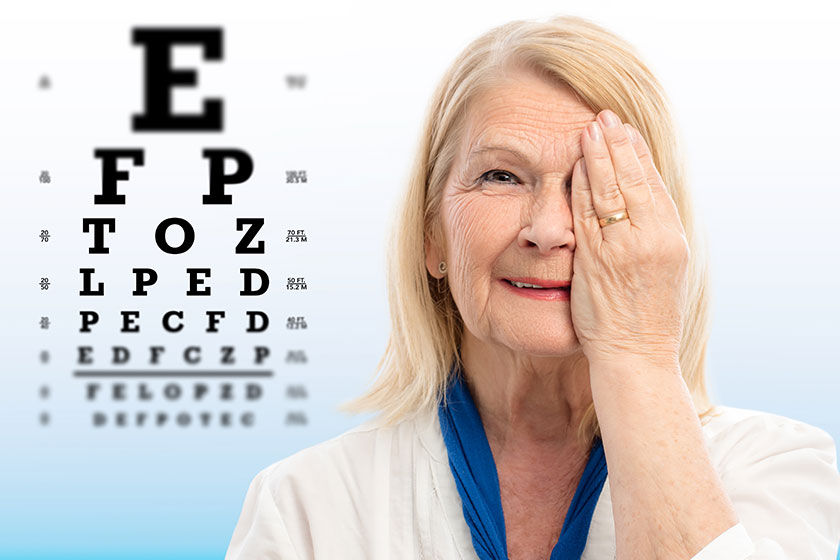Going through the aging journey can sometimes bring about unique challenges, including body image issues in senior women. It’s common to experience fluctuations in how you perceive yourself as you age, but there are effective strategies to help you cope with these feelings and embrace your unique beauty. Here are some tips on understanding body image challenges, as well as seven practical approaches to help you or your loved one overcome these concerns.
Understanding Age-related Changes
Aging brings about significant changes in our bodies. Women over 40 encounter various changes influencing how they perceive their appearance. From hormonal shifts to life milestones like menopause and retirement, our bodies undergo transformations that impact how we see ourselves.
Despite societal beliefs, body image concerns aren’t exclusive to younger generations. Many older women face body image issues that can be distressing, so know that you’re not alone.
Understanding the Media’s Influence on Beauty Standards
Society’s perception of beauty often equates it with youthfulness and thinness. Media representations of beauty frequently feature young, slim models, setting unrealistic standards. This pressure to conform to a youthful ideal can lead to feelings of inadequacy and disconnect from our bodies.
Understanding Flawed Societal Expectations
Older women sometimes face a double standard when it comes to aging gracefully. On one hand, they’re expected to maintain a youthful appearance, yet they may also be criticized for trying too hard. This balancing act can leave women feeling judged and overwhelmed by societal expectations.
Strategies to Cope with Body Image Issues
These practical strategies can help you overcome body image concerns and cultivate self-acceptance and confidence in your golden years.
- Challenge Unrealistic Beauty Ideals: First, recognize that societal standards of beauty are often unrealistic and unattainable. Challenge these ideals by focusing on your own strengths, talents and inner qualities rather than external appearances.
- Cultivate Self-compassion: Be gentle with yourself and practice self-compassion. Acknowledge that it’s normal to have insecurities and remind yourself that you are worthy of love and acceptance just as you are.
- Surround Yourself with a Support Network: Engage with supportive family members, peers and professional therapists who will provide compassionate understanding and encouragement. Share your feelings openly and allow yourself to receive support from those who care about you.
- Engage in Self-care Activities: Prioritize activities that nourish your mind, body and soul. Engage in hobbies, creative pursuits, exercise or relaxation techniques that bring you joy and promote overall well-being.
- Pivot to Gratitude: Shift your focus from perceived flaws to gratitude for all that your body has enabled you to do throughout your life. Celebrate the strength, resilience and experiences that have shaped you into the person you are today.
- Limit Exposure to Negative Triggers: Take control of your environment by minimizing exposure to media, social media, or individuals who perpetuate negative body image messages. Surround yourself with positivity and uplifting influences.
- Seek Professional Guidance: If negative body image significantly impacts your quality of life, consider seeking support from a mental health professional. Therapists trained in cognitive-behavioral therapy (CBT) or body image-focused therapies can provide valuable tools and guidance.
Remember, your worth and beauty are not defined by external standards. Strive to embrace the wisdom and resilience that come with age, and cultivate a positive relationship with your body at all times.







